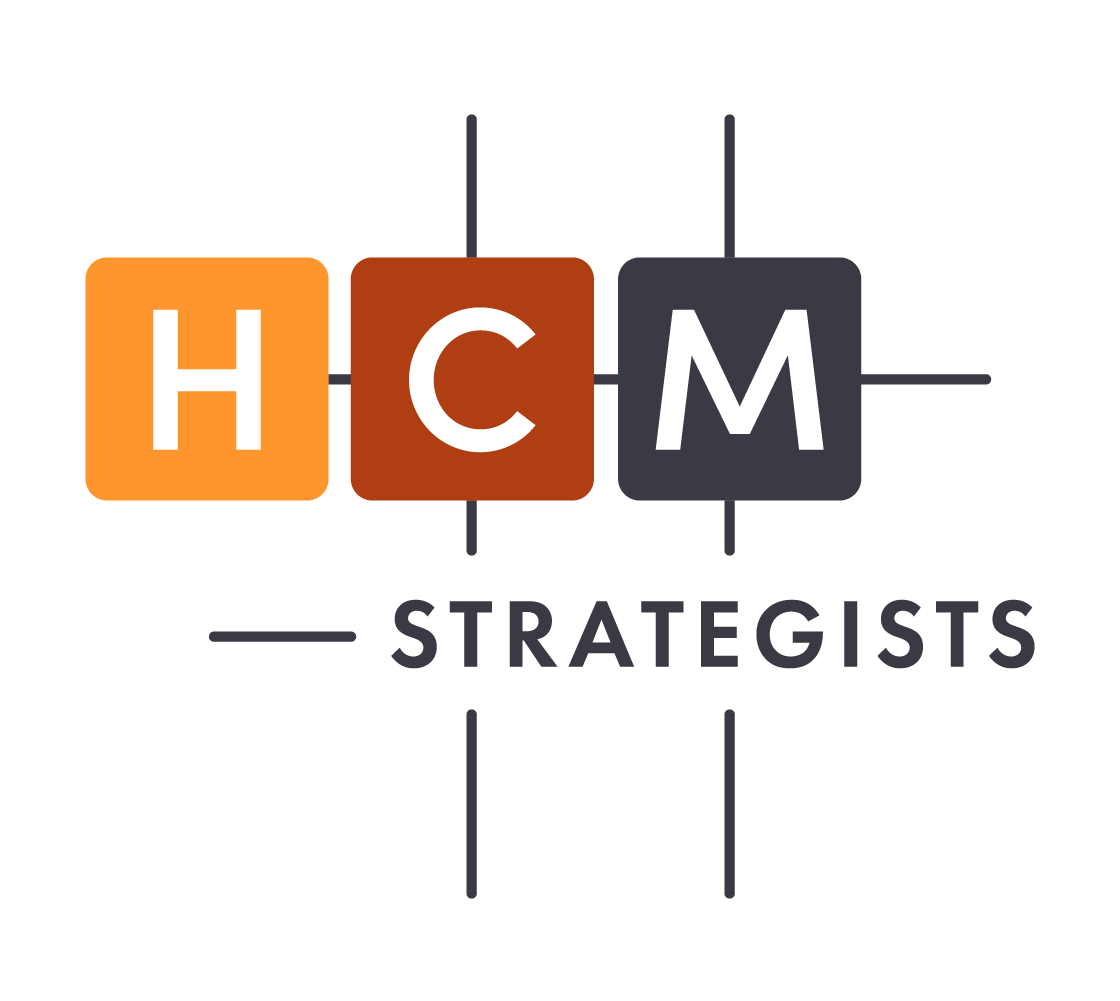Staff Spotlight: Five Questions with Kristin Hultquist. Get to know our CEO & Founding Partner
Today, get to know Kristin Hultquist. The CEO & Founding Partner HCM Strategists.
Kristin Hultquist is a nationally renowned higher education policy and strategy development expert. She founded HCM to leverage the power of policy solutions that combine storytelling, rigorous analysis, and politically sensitive strategies. Kristin has led HCM's postsecondary practice, partnering with clients like the Lumina Foundation to advance evidence-based policy changes. She has testified before Congress on federal financial aid reforms and served as a senior advisor at the U.S. Department of Education. A first-generation college graduate and Pell Grant recipient, Kristin earned her bachelor's degree from California Polytechnic State University and a master's degree from Georgetown University. She splits her time between Parker, Colorado, and Alexandria, Virginia, enjoys hiking, and has a passion for California wine.
To learn more about Kristin, please visit her LinkedIn.
What is one feature of your own educational journey you bring to your lens at HCM?
→ Zip codes determine opportunity. Zip codes indicate the important state-specific context of educational opportunity and the neighborhood privileges or challenges. I am a California Master Plan baby. I grew up in Silicon Valley, which was a lower-middle and middle-class bedroom community built on orchards of stone fruits. I benefited from an articulated college preparatory course sequence, access to Advanced Placement courses, a generous need-based financial aid package with a Pell and Cal Grant, and a low-priced, excellent public university where I could graduate in four years without debt. This is not by accident, luck, or even hard work - this is the consequence of coordinated, deep public investments in a public higher education system to mitigate the stratifying effects of zip codes.
I would be remiss not to also add that my intensity and approach as a leader come from another aspect of my educational journey: I ran the third leg on the Cal Poly SLO 1990 and 1992 national championship 4X100 relay track teams. The magic is in the maintained momentum through splits achieved, smooth handoffs, and focusing on your lane!
What scholar or leader informs the work you do and how?
→ I am inspired by unapologetic leaders like Dr. Keith Curry, Dr. Aaron Thompson, and Teresa Lubbers, still practicing today, as well as the retired Dr. Hazel Scott and the late Stan Jones and Gordon Davies. HCM’s approach is rooted in Dr. John Kingdon’s “streams” analysis of how an idea matures into adopted and sustained policy (see his seminal book, Agendas, Alternatives, and Public Policies). HCM’s passion for state innovation stems from the early commitment I honed working for Pat Callan and Joni Finney of the National Center for Public Policy and Higher Education and Ray Scheppach and Dane Linn of the National Governors Association. Like them, HCM strives to be a trusted non-partisan translator of research, data, and practice, and it partners with leaders with a humble “staffer mindset” and a fierce commitment to impact, not credit.
What do you strive to see improved over the next five years through HCM’s clients?
→ Renewed confidence in the value of higher education because “can’t fail” institutions (whose primary mission is economic mobility) and public policymakers have coalesced around the changes, investments, and improved, workforce-aligned outcomes our learners and communities need.
Is there a particular data point that animates your work right now and what is it? Why?
→ With significant exogenous pressures on regional public colleges and universities right now, my work as chair of MSU Denver’s Board of Trustees and as CEO of HCM Strategists is focused on how public policy and investment interact with and propel institutional transformation. The data point that animates this work? Raj Chetty’s 2017 research showed that rates of button-to-top economic mobility are highest at certain mid-tier public universities (e.g., City University of New York). These financially vulnerable institutions are “can’t fail” generators of economic mobility and must be maintained through coordinated and sustained policy and leadership.
When not working, what can people find you doing?
→ A perfect weekend finds me outside all day: walking my pups, hitting the trail for a run, working in the yard, playing pickleball, and eating every meal outside. Oh, and the latter is accompanied by a good California Central Coast wine.








